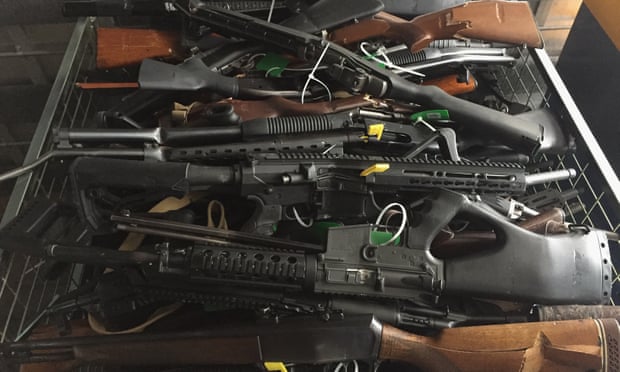March 22 Geneva, Switzerland: A survey of 6,475 cities on Tuesday displayed that not a single country managed to meet the World Health Organization’s (WHO) air quality standard in 2021, according to Reuters. Smog was shown to have rebounded in some areas following a dip due to COVID-19. The recommendations from WHO stated that the average annual reading for small and hazardous airborne particles—known as PM2.5—should not be any higher than five micrograms per cubic meter. These updated guidelines were changed last year, stating that even low concentrations can pose and cause significant health risks. 93 cities reported PM2.5 levels at 10 times the recommended level. Only 3.4% of the surveyed cities met the standard in 2021. “There are a lot of countries that are making big strides in reduction,” said Christi Schroeder, air quality science manager with IQAir. “China started with some very big numbers and they are continuing to decrease over time. But there are also places in the world where it is getting significantly worse.”
March 24 Wuzhou, China: An investigation into a cockpit voice recorder from a China Eastern Airlines jet that crashed into a mountain side with 132 people on board was started by Chinese investigators on Thursday as recovery crews searched the fields of the wreckage for a second black box, as reported by Reuters. Flight MU5735 was supposed to start its descent before landing on its route from Kunming to Guangzhou on Monday, when the jet suddenly plunged downwards from its cruising altitude. Nearly the entire jet disintegrated upon impact, with some debris and human remains found—the cause of the crash still unknown. No survivors have been found, with experts saying it is all but impossible that any person could have survived the impact. The first black box was recovered on Wednesday, and the material inside it seemed to have survived the impact in relatively good condition according to Zhu Tao, an official for the Civil Aviation Administration of China (CAAC). “An initial inspection showed that the exterior of the recorder has been severely damaged, but the storage units, while also damaged to some extent, are relatively complete,” he stated. The head of aircraft investigation at CAAC, Mao Yanfeng, said that no danger was posed by weather along the flight path and air controllers had communication with the flight after take-off and prior to its rapid descent, according to Reuters. U.S. efforts to join the investigation are currently being held back due to COVID-19 restrictions. China had invited the U.S. to investigate because the plane had been designed and manufactured in the United States, however, the U.S. National Transportation Safety Board (NTSB) said it had not determined if investigators would travel to China. Chinese officials declined to comment on whether or not the members of the NTSB would be invited. “The search area is really large, plus the two days of rain make the path very slippery,” said one of the members of the search party of 1,600 people.
Mar. 25 Belfast, Ireland: Irish Foreign Minister Simon Coveney gave a speech at the Building Common Ground event in Belfast, Northern Ireland on Friday before being taken off stage due to a suspicious van, as reported by Reuters. Officials warned Coveney as he delivered his speech and led him off stage to quickly drive him away from the venue in his government-issued car, according to a Reuters journalist on the scene. The van driver’s identity is currently undisclosed, but the driver claimed they were ordered at gunpoint to drive the van to the event where the foreign minister was speaking. The two gunmen placed a suspect device within the van which was ultimately discovered to be a hoax—however, it was clearly designed to cause maximum disruption, according to Assistant Chief Constable Mark McEwan who spoke at a news conference. McEwan did not speculate on the motivation of the crime. “Just think about this, the victim believed he was driving a van with a live bomb and that his family were being threatened,” McEwan said. “At this early stage of the investigation our assessment is that these crimes were carried out by loyalist paramilitary groups. We’re keeping an open mind but one of the primary lines of investigation is the UVF (Ulster Volunteer Force).” Last year, the UVF were among loyalist militant groups that temporarily withdrew support for a 1988 peace deal in protest of the trade border created between Northern Ireland and the other parts of the United Kingdom, following Britain’s exit from the European Union, according to Reuters. Occasional attacks by small militant groups remain active, in the 30-year conflict between Irish nationalists seeking to be unified with the Irish Republic and pro-British loyalists and the British Army determined to keep Northern Ireland under British rule.




